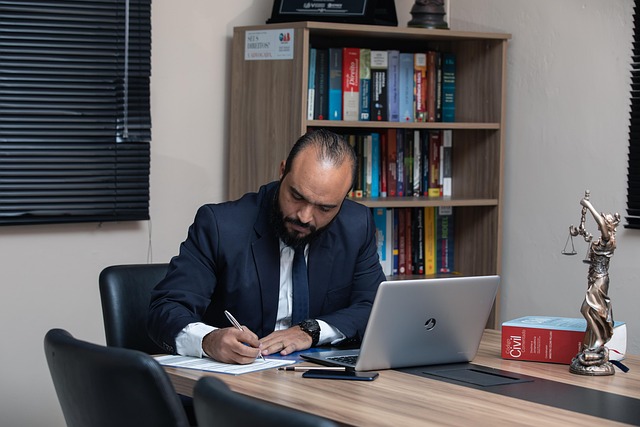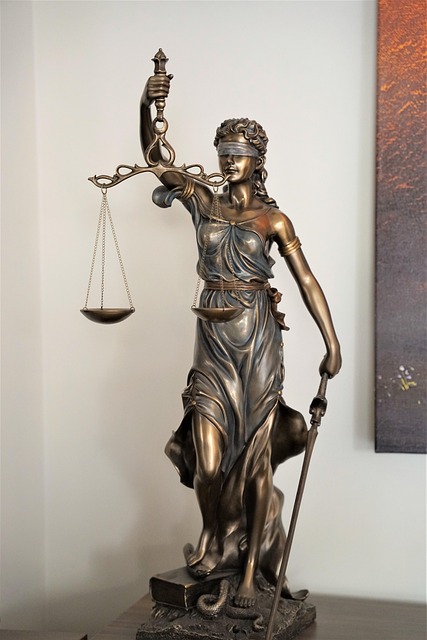Mastering various types of evidence is vital for lawyers in criminal cases, from physical and documentary to digital and forensic traces, which offer unique insights shaping narratives and jury decisions. Digital forensics ensures justice through advanced techniques to extract data from devices, providing reliable evidence for fair outcomes. Expert testimony, leveraging specialized knowledge, bolsters prosecution arguments, creating precedents for just outcomes and avoiding indictments.
Litigation Support Services play a pivotal role in modern criminal cases, enhancing the prosecution’s case with robust evidence. This article delves into three critical aspects: understanding key evidence, leveraging digital forensics, and the power of expert testimony. By exploring these areas, we uncover essential types of evidence used in criminal prosecution, ensuring fairness and accuracy in legal proceedings. From digital traces to expert insights, these tools revolutionize how cases are built and decided.
- Understanding Key Evidence in Criminal Cases
- Digital Forensics: Uncovering Hidden Information
- Expert Testimony: Strengthening Prosecution Arguments
Understanding Key Evidence in Criminal Cases

In criminal cases, understanding key evidence is paramount for both prosecutors and defenders alike. The types of evidence used in criminal prosecution can be diverse, ranging from physical and documentary to forensic and digital traces. Each plays a critical role in building a compelling case and guiding jury trials. For instance, physical evidence such as fingerprints, DNA samples, or firearms can serve as irrefutable links between a suspect and the crime scene. Documentary evidence, including witness statements, medical reports, and financial records, adds layers of context and corroboration to the narrative.
For his clients, legal professionals must possess a keen eye for detail and an understanding of how each type of evidence can be presented and interpreted. This is especially important in today’s complex legal landscape, where philanthropy and political communities place increased emphasis on transparency and justice. By navigating these intricacies effectively, lawyers can ensure their cases are robustly represented, ultimately impacting the fairness and accuracy of criminal proceedings.
Digital Forensics: Uncovering Hidden Information

Digital forensics plays a pivotal role in litigation support services, acting as a beacon that uncovers hidden information crucial to criminal prosecutions. In today’s digital age, various types of evidence are used across the country, from text messages and social media posts to emails and online transactions. These forms of evidence can be instrumental in clearing innocent parties, avoiding indictment, or exposing culprits who might have otherwise evaded justice.
Forensic experts meticulously extract data from devices, revealing insights that traditional methods might miss. This includes analyzing hard drives for deleted files, recovering erased text messages, and uncovering online activities that could provide a timeline of events. The process is meticulous and requires specialized tools and knowledge to interpret the digital tapestry. By employing these techniques, litigation support services ensure that justice is not only served but also accurately reflected in the evidence presented in criminal proceedings, fostering confidence among philanthropic and political communities alike.
Expert Testimony: Strengthening Prosecution Arguments

Expert testimony plays a pivotal role in strengthening prosecution arguments during criminal trials. It involves the presentation of specialized knowledge or opinions by qualified experts to assist the court in understanding complex matters that may sway the outcome of the case. These experts, ranging from forensic scientists to economic analysts, provide insights into various types of evidence used in criminal prosecution, such as DNA analysis, ballistics reports, and financial records. Their testimony not only adds credibility but also helps clarify intricate details that might otherwise be lost on lay judges or juries.
In the context of philanthropy and political communities, an unprecedented track record of successful cases can enhance the weight given to expert testimony. This is because a proven track record demonstrates the reliability and validity of the evidence presented. As such, attorneys can leverage these precedents to avoid indictment in future cases by showcasing well-documented examples where expert insights have been instrumental in securing just outcomes.
In conclusion, litigation support services play a pivotal role in modern criminal prosecutions. By understanding key evidence, leveraging digital forensics, and integrating expert testimony, legal professionals can navigate complex cases with enhanced clarity and conviction. These strategies ensure that types of evidence used in criminal prosecution are thoroughly examined, uncovering hidden information crucial to strengthening prosecution arguments and achieving justice.






